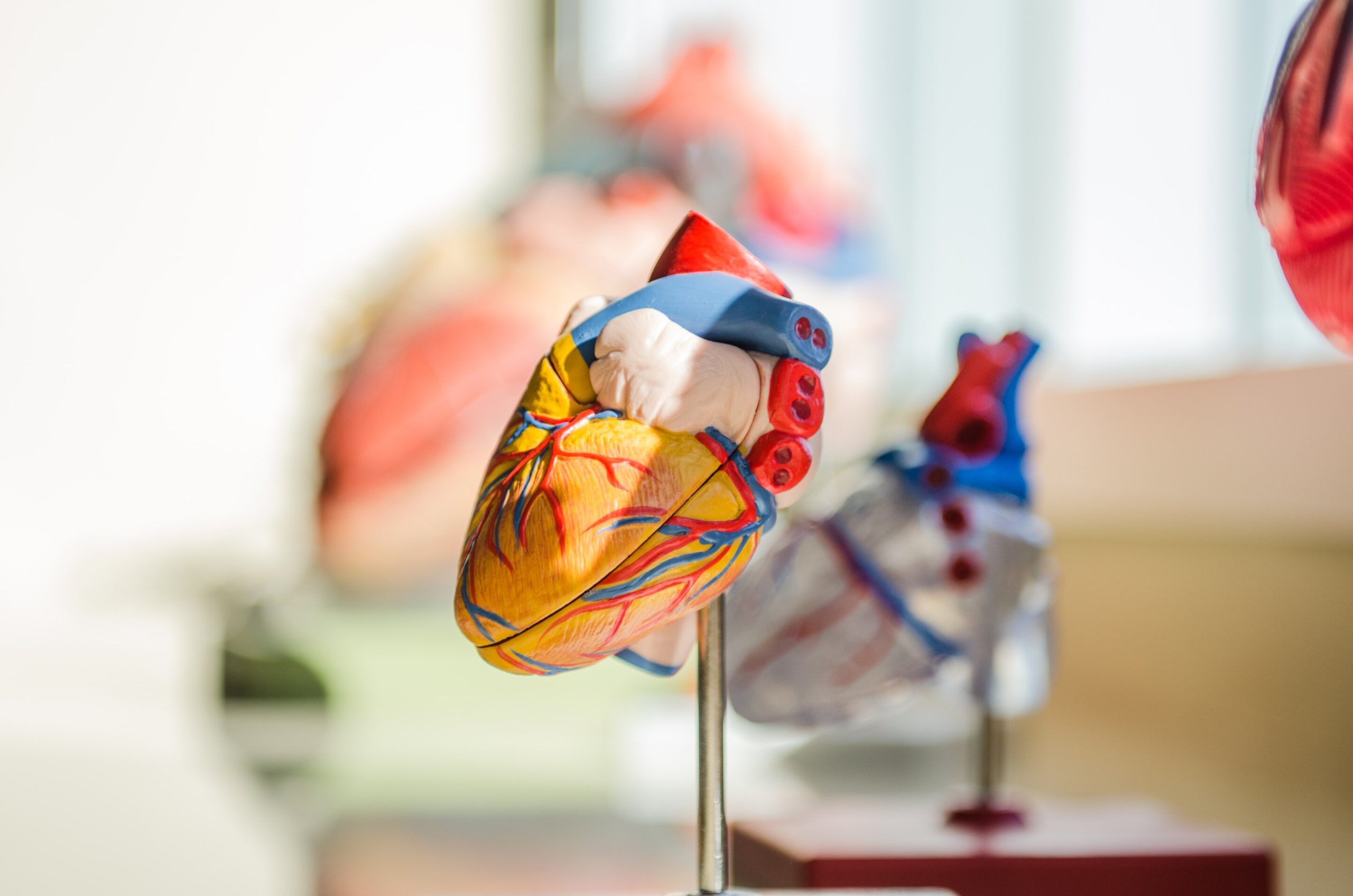by Angelika Leute, Kompetenznetz Vorhofflimmern e.V. (AFNET)

An international cardiology working group has published a consensus report on atrial cardiomyopathy in Europace. Twenty-one scientists from the rhythmological societies of Europe (European Heart Rhythm Association), North America (Heart Rhythm Society), South America (Latin American Heart Rhythm Society) and the Asia-Pacific region (Asia Pacific Heart Rhythm Society APHRS) were involved.
The expert group was led by AFNET board member Prof. Andreas Goette, Paderborn, Germany. He presented the results on August 31, 2024 at the annual congress of the European Society of Cardiology (ESC) in London.
Atrial cardiomyopathy (AtCM) refers to pathological changes in the heart’s atria, including the atrial muscle cells. They contribute to the development of atrial fibrillation, can cause blood clots and strokes and are therefore of fundamental clinical importance.
The consensus document developed by the international group of experts within two years summarizes the current knowledge on atrial cardiomyopathy—from basic pathophysiological research to innovative imaging and diagnostic procedures to recommendations for therapy. It is already the second global consensus paper on atrial cardiomyopathy. In 2016, an international group of experts met for the first time on this topic and proposed a standardized definition and classification scheme for atrial cardiomyopathies.
Prof. Goette, who also headed the working group at that time, explained the background of the expert consensus, saying, “Our aim is to further improve the prevention and treatment of atrial fibrillation. Atrial fibrillation has many different causes. It is therefore important to describe the underlying pathology and develop tailored therapies for atrial fibrillation based on the actual causes. The classification enables individualized therapy that offers patients the best possible treatment success.”
Since the first global consensus document eight years ago, research in the field of atrial cardiomyopathy has made considerable progress. Prof. Goette summarizes the key findings of the current consensus document, to which AFNET board member Prof. Ulrich Schotten, Maastricht, NL, also made a significant contribution, “There is a scientific update to the previous document from 2016. For the first time, we have introduced a clinically applicable grading of atrial cardiomyopathy with three stages (stage 1, 2 and 3) as a consensus. Imaging has also been presented in great detail in order to detect atrial pathologies non-invasively.”
However, there are still numerous knowledge gaps that need to be filled in the future. The experts therefore also made recommendations for future studies in the consensus paper.
The international consensus document was drawn up in collaboration with the European research consortium MAESTRIA. Prof. Dobromir Dobrev, Essen, Germany, Prof. Stéphane Hatem and Dr. Laurie Soulat-Dafour, both Paris, France, from the MAESTRIA consortium were involved.
More information:
Andreas Goette et al, Atrial Cardiomyopathy Revisited—Evolution of a Concept. A Clinical Consensus Statement of the European Heart Rhythm Association (EHRA) of the ESC, the Heart Rhythm Society (HRS), the Asian Pacific Heart Rhythm Association (APHRS), and the Latin American Heart Rhythm Society (LAHRS), Europace (2024). DOI: 10.1093/europace/euae204
Provided by
Kompetenznetz Vorhofflimmern e.V. (AFNET)
Citation:
Experts develop global consensus document on atrial cardiomyopathy (2024, September 2)
retrieved 2 September 2024
from https://medicalxpress.com/news/2024-09-experts-global-consensus-document-atrial.html
This document is subject to copyright. Apart from any fair dealing for the purpose of private study or research, no
part may be reproduced without the written permission. The content is provided for information purposes only.


